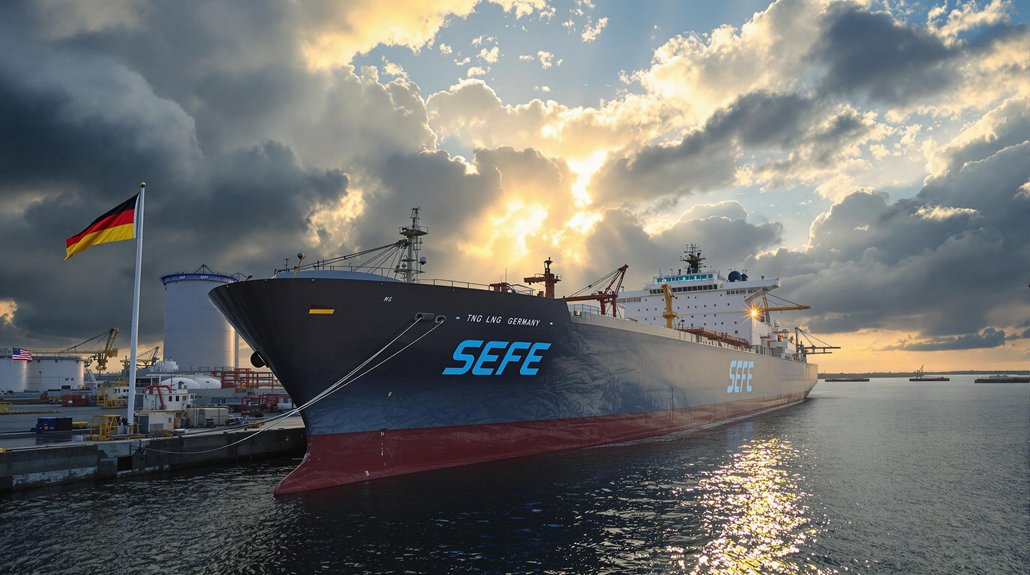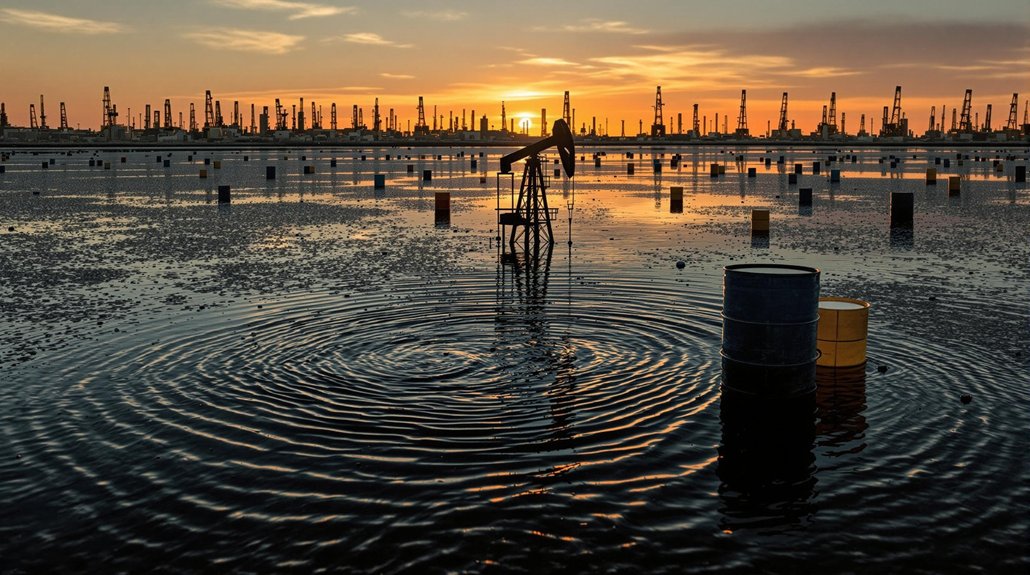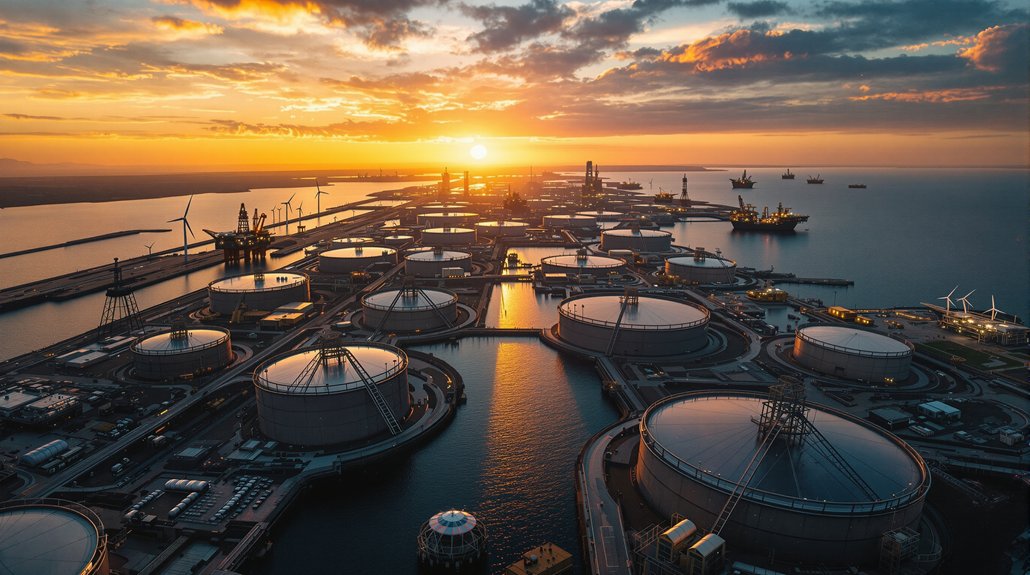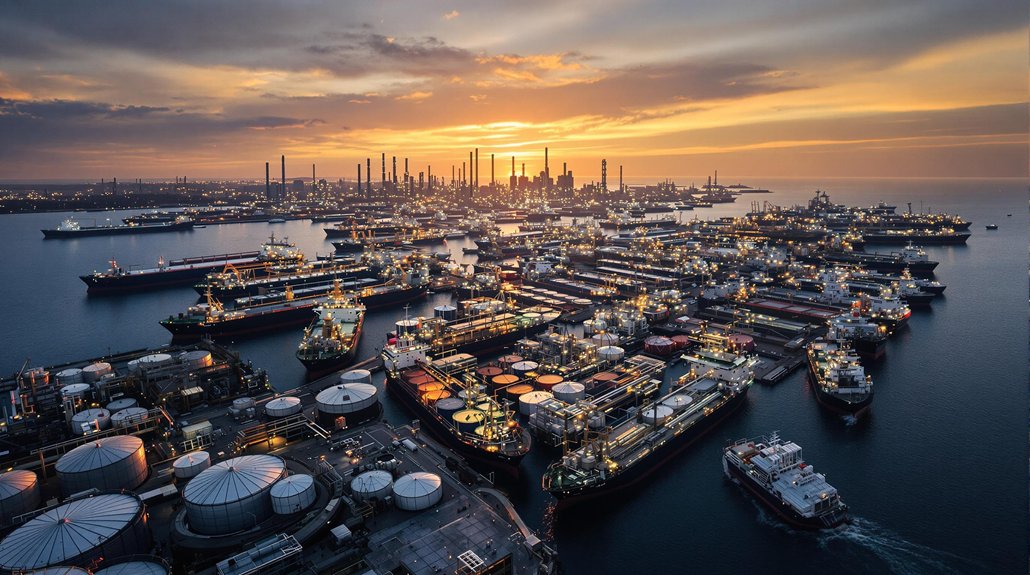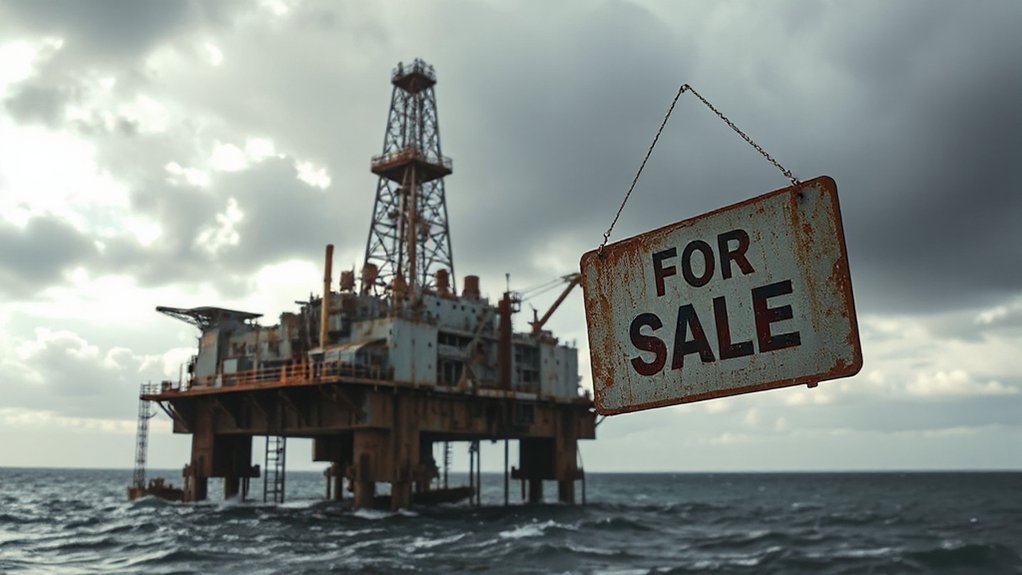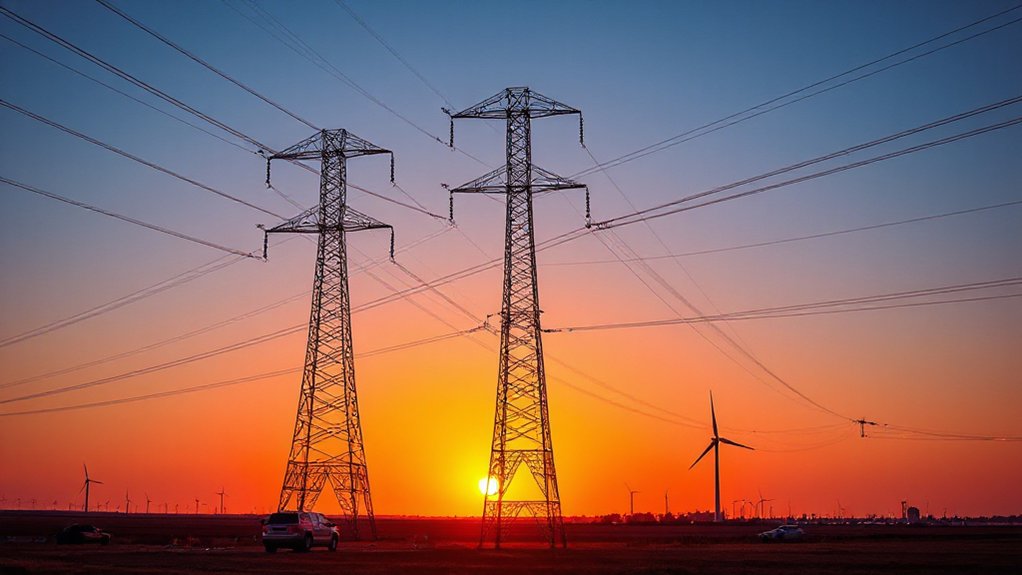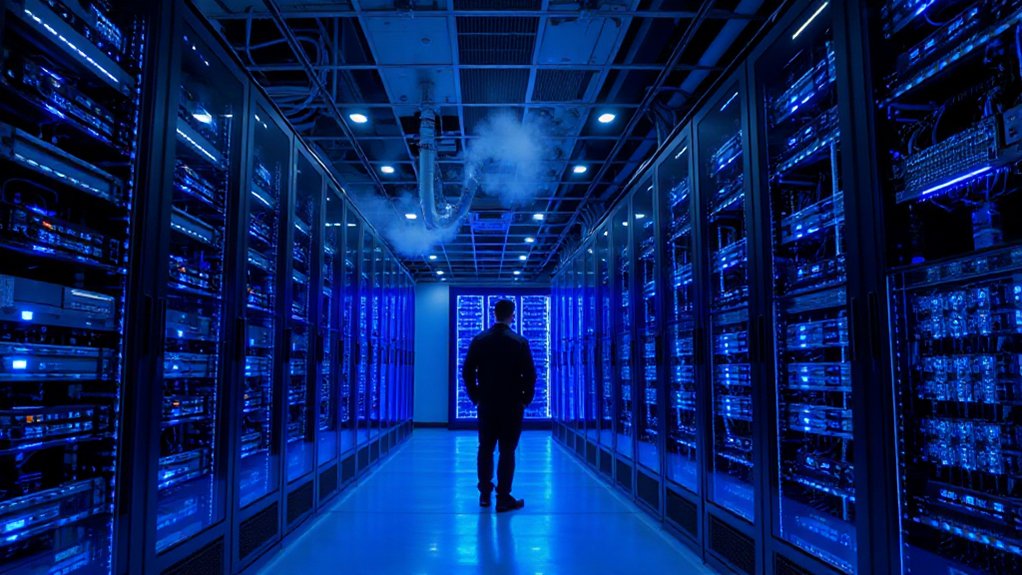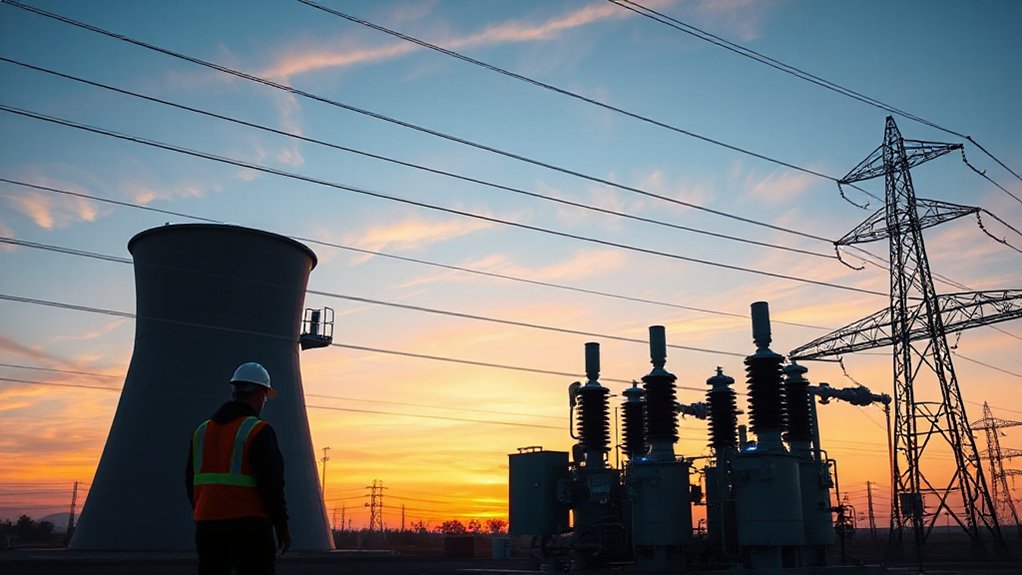SEFE, Germany’s state-owned energy company, has signed a 15-year deal with America’s Delfin LNG. Starting March 2025, Germany will receive 1.5 million tons of LNG annually from floating vessels off Louisiana. The contract represents over 25% of Germany’s energy needs and supports its goal to end Russian gas dependence by 2027. New terminals in Stade, Brunsbuttel, and Wilhelmshaven will receive the imports. This partnership marks a vital step toward European energy stability.
German energy company SEFE has secured a major lifeline for the country’s gas supply by signing a 15-year contract with American firm Delfin LNG. The deal, announced on March 26, 2025, will provide Germany with 1.5 million tons of liquefied natural gas (LNG) annually. This LNG will be exported from floating vessels located off Louisiana’s coast.
SEFE, which stands for Securing Energy For Europe, was once a Gazprom subsidiary. The German government nationalized the company in November 2022 after Russian gas deliveries to Germany stopped. This rescue saved SEFE from bankruptcy and kept an essential energy provider operating.
The dramatic nationalization of SEFE rescued a vital gas supplier when Russia turned off the taps to Germany.
LNG now makes up over 25% of Germany’s energy supply. The country has been working quickly to build new LNG terminals to handle shipments arriving by sea. Projects in Stade, Brunsbuttel, and Wilhelmshaven are under development or planned. The Stade terminal should be running by late 2026.
CEO Egbert Laege emphasized that this partnership strengthens energy security for both Germany and Europe. The agreement helps Germany move away from Russian energy, which the country aims to phase out completely by 2027. Laege has consistently highlighted these partnerships as crucial for diversification of Germany’s energy sources. The collaboration demonstrates a significant step toward enhancing European stability through international energy partnerships.
The deal comes amid changing dynamics in the global LNG market. Europe has greatly increased its LNG imports since 2022, with the U.S. becoming a key supplier. Countries like Qatar are also expanding their LNG production capacity. The shift toward LNG is occurring while renewable energy continues to gain momentum globally, with experts projecting it could supply 80% of global electricity by 2050.
Not everyone supports Germany’s LNG push. Some industries have called for a return to cheaper Russian gas due to economic pressures. Two floating LNG terminal contracts were canceled after disputes and planning issues. The high costs of running hastily built LNG terminals across Europe remain a concern.
Despite these challenges, the SEFE-Delfin deal represents an important step in Germany’s energy strategy. It creates a long-term, stable supply chain and builds resilience against market disruptions, helping Germany navigate the complex shift away from Russian energy dependence.
